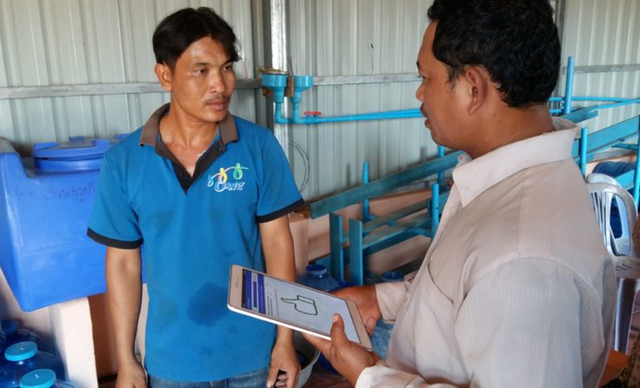Monitoring and Evaluation (M&E) in ICT4D Programs
Monitoring and evaluation (M&E) plays a critical role in ICT4D (Information and Communication Technologies for Development). M&E involves the systematic collection and analysis of data on the progress, impact, and effectiveness of ICTD projects and initiatives, in order to inform decision-making and improve performance.
The role of M&E in ICT4D includes:
- Tracking progress: M&E helps to track the progress of ICTD projects and initiatives against predetermined benchmarks and targets, allowing for the identification of any issues or challenges that need to be addressed.
- Assessing impact: M&E helps to assess the impact of ICTD projects and initiatives on the intended beneficiaries, including any changes in their well-being, opportunities, or quality of life.
- Identifying best practices: M&E helps to identify best practices and lessons learned from ICTD projects and initiatives, which can be shared with others and used to inform the design and implementation of future projects.
- Improving efficiency: M&E helps to identify areas for improvement and efficiency in the use of ICTs for development, allowing for the optimization of resources and the maximization of impact.
Overall, M&E is an essential component of ICTD, as it helps to ensure that projects and initiatives are being implemented effectively, efficiently, and sustainably, and are having the desired impact on the intended beneficiaries.
The Ongoing Challenge of Protecting Privacy in Digital Development
As digital is increasingly integrated into development, privacy protection will become more critical (and more complex), especially for individuals with greater...
Fixing M&E with Sensors and the Internet of Things
Poverty reduction efforts in many developing countries often take the form of household water filters, community hand-driven water pumps, improved wood, charcoal...
Are Government M&E Systems Effectively Robust and Coordinated?
The development community is increasingly interested in institutionalizing monitoring and evaluation (M&E) in aid recipient governments as one strategy for...
5 Insights from MERL Tech
Recently, I had the opportunity to participate in the 2015 MERL Tech conference that brought together over 260 people from 157 different organizations. I joined...
The Trials, Tribulations, and Triumphs of Choosing an M&E Platform
At the recent MERL Tech conference, Tania Lee (Caktus Group), Tom Walker (Engine Room), Laura Walker McDonald (SIMLab), and Lynnae Day (Oxfam America) led a session...
Do ICTs Make Evaluation More Inclusive Or More Extractive?
ICTs can help make evaluation more inclusive, yet they also bring new challenges and new kinds of inequities and exclusion that we need to be aware of and solve...
Can Monitoring Drive a MERL-Led Future?
Angus Deaton, the economist and noted aid critic, was recently awarded the Nobel Prize in economics. In a speech following the award, AFP News reported that Deaton...
7 Tips for Better Digital M&E in Sustainable Development
With the landmark UN Sustainable Development Summit over, the discussion is now shifting to the question of how to operationalize the 17 ambitious goals in the...
Why Do Evaluations of eHealth Programs Fail? 10 Guidelines for Success
Much has been written about why electronic health (eHealth) initiatives fail. Less attention has been paid to why evaluations of such initiatives fail to deliver...
How Can We Integrate M&E Across Sectors?
I was very excited to attend the MERL Tech Conference. I’m from Egypt and currently work at UNICEF, and one of our biggest challenges with development programs...












